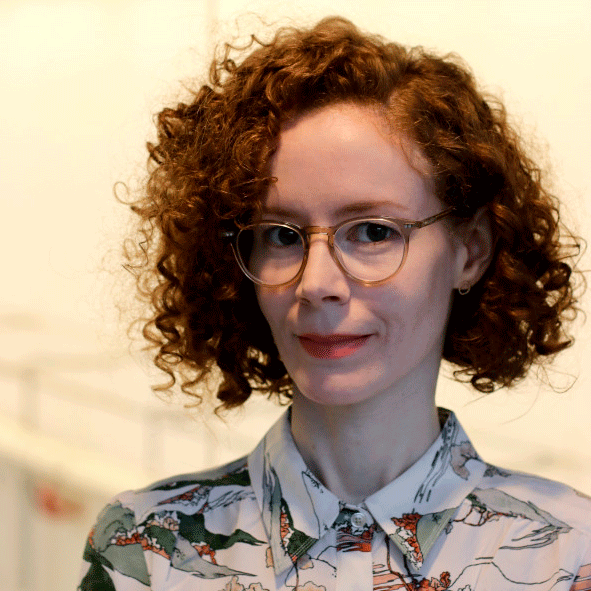Serious Play in the City of Cyclists
Talk by international guest and cultural anthropologist Rebecca Journey (UChicago).
Commuting time, modernist architect Le Corbusier has noted, is surplus labour that diminishes workers’ available free time. In the Situationist Theses on Traffic (1959), French critical theorist Guy Debord envisions an alternative arrangement: “We must replace travel as an adjunct to work with travel as a pleasure” (Knabb 2006:69). In the Danish capital of Copenhagen, it seems, city planners have taken up precisely this dictate. From Cykelslangen’s neon ‘racetrack’ to Superkilen’s obstacle course in Danish multiculturalism, the total environment of the bicycle transit network demonstrates the power that games possess, as German philosopher Kurt Riezler observes (1941), to build a little cosmos all their own.
This talk examines a core component of Copenhagen’s Climate Plan to build a seamless city powered not by petrol but by a different kind of juice. Via an ethnography of bicycle infrastructure design and experience, it elaborates an ontology of energy and attendant ethics of expenditure inspired by the cosmic political economy of French social theorist Georges Bataille (1933; 1949). To that end, it asks how a particular species of green urbanism—the hedonic city—exploits embodied pleasures of cycling as a means to maximally efficient emissions. In the ‘City of Cyclists,’ endorphins are a renewable resource.
Bio
 Rebecca Journey is a cultural anthropologist whose work explores the promises and practices of green design in Denmark. Her first book project, Future Perfect: Experimental Prototype City of Tomorrow, investigates Copenhagen Municipality’s Climate Plan to build the world's first carbon-neutral capital, and by extension, to shape a citizenry equipped to realize its promise. Via an anthropology of urban design practice and experience in a city recursively enacted as a green design prototype, the book traces the cultural geometries and racial imaginaries that delineate the Danish model through a detailed ethnographic rendering. Journey’s research has been supported by the U.S. National Science Foundation, the Wenner-Gren Foundation for Anthropological Research, and the Department of Anthropology at the University of Chicago.
Rebecca Journey is a cultural anthropologist whose work explores the promises and practices of green design in Denmark. Her first book project, Future Perfect: Experimental Prototype City of Tomorrow, investigates Copenhagen Municipality’s Climate Plan to build the world's first carbon-neutral capital, and by extension, to shape a citizenry equipped to realize its promise. Via an anthropology of urban design practice and experience in a city recursively enacted as a green design prototype, the book traces the cultural geometries and racial imaginaries that delineate the Danish model through a detailed ethnographic rendering. Journey’s research has been supported by the U.S. National Science Foundation, the Wenner-Gren Foundation for Anthropological Research, and the Department of Anthropology at the University of Chicago.
